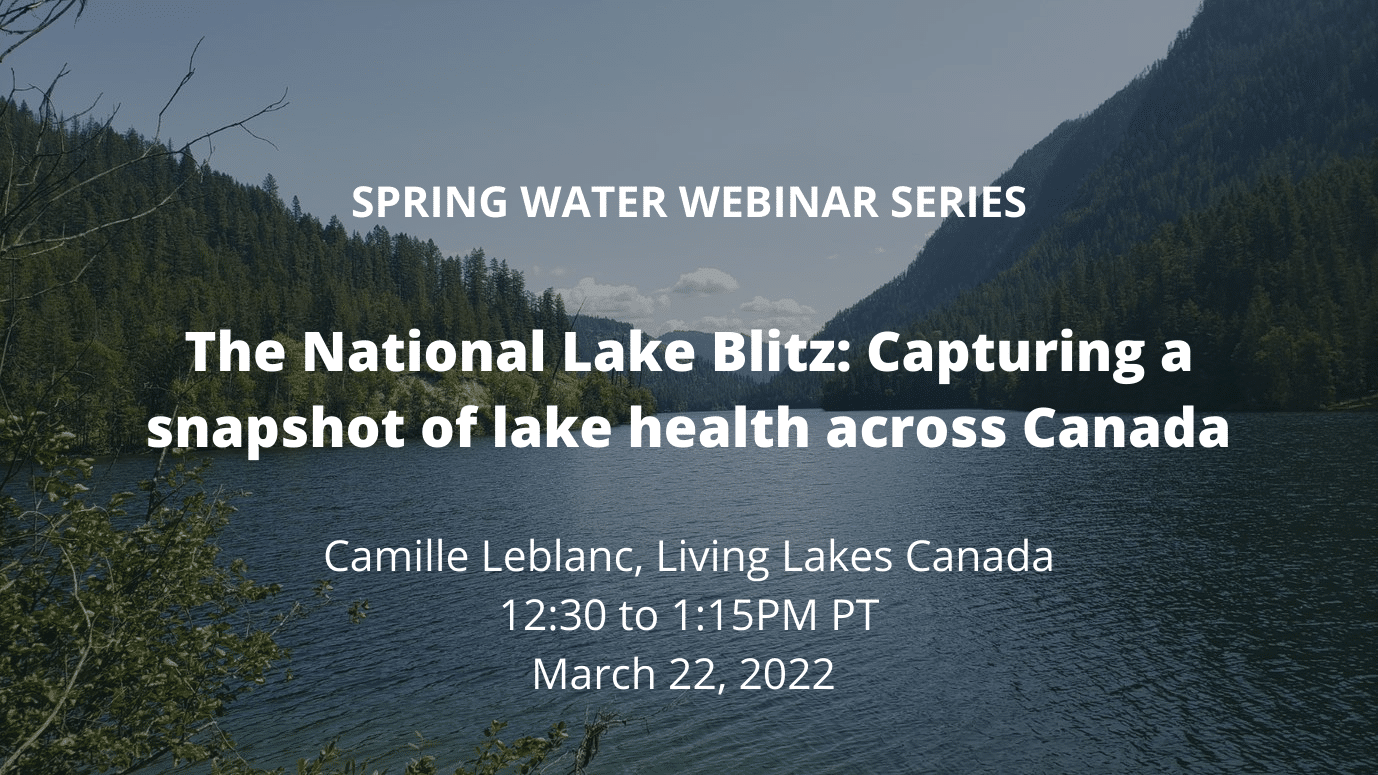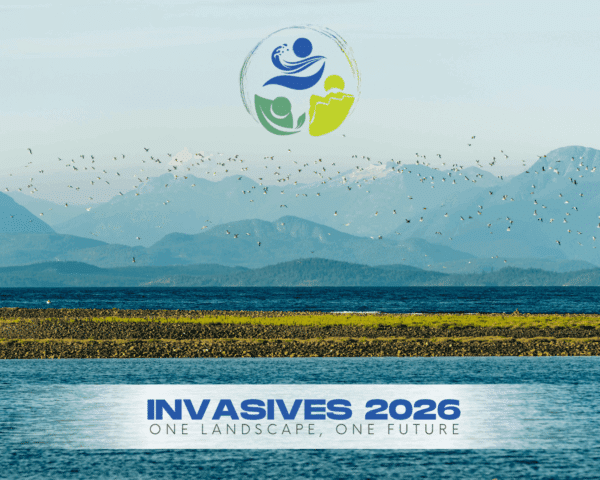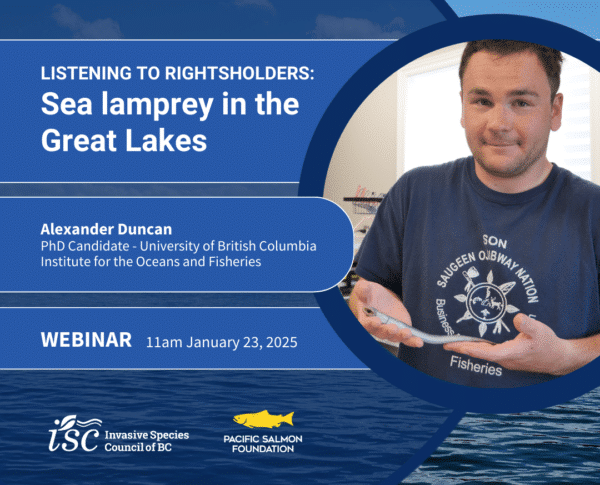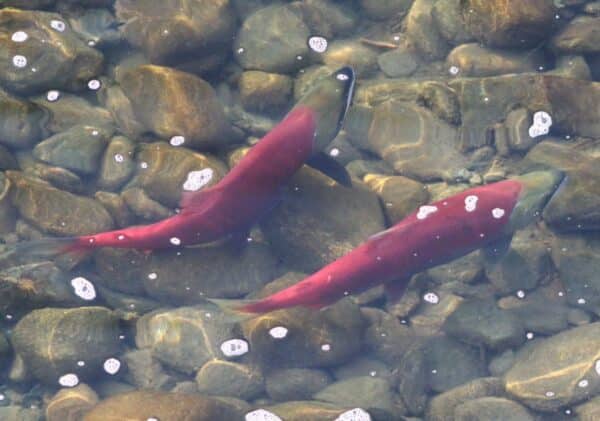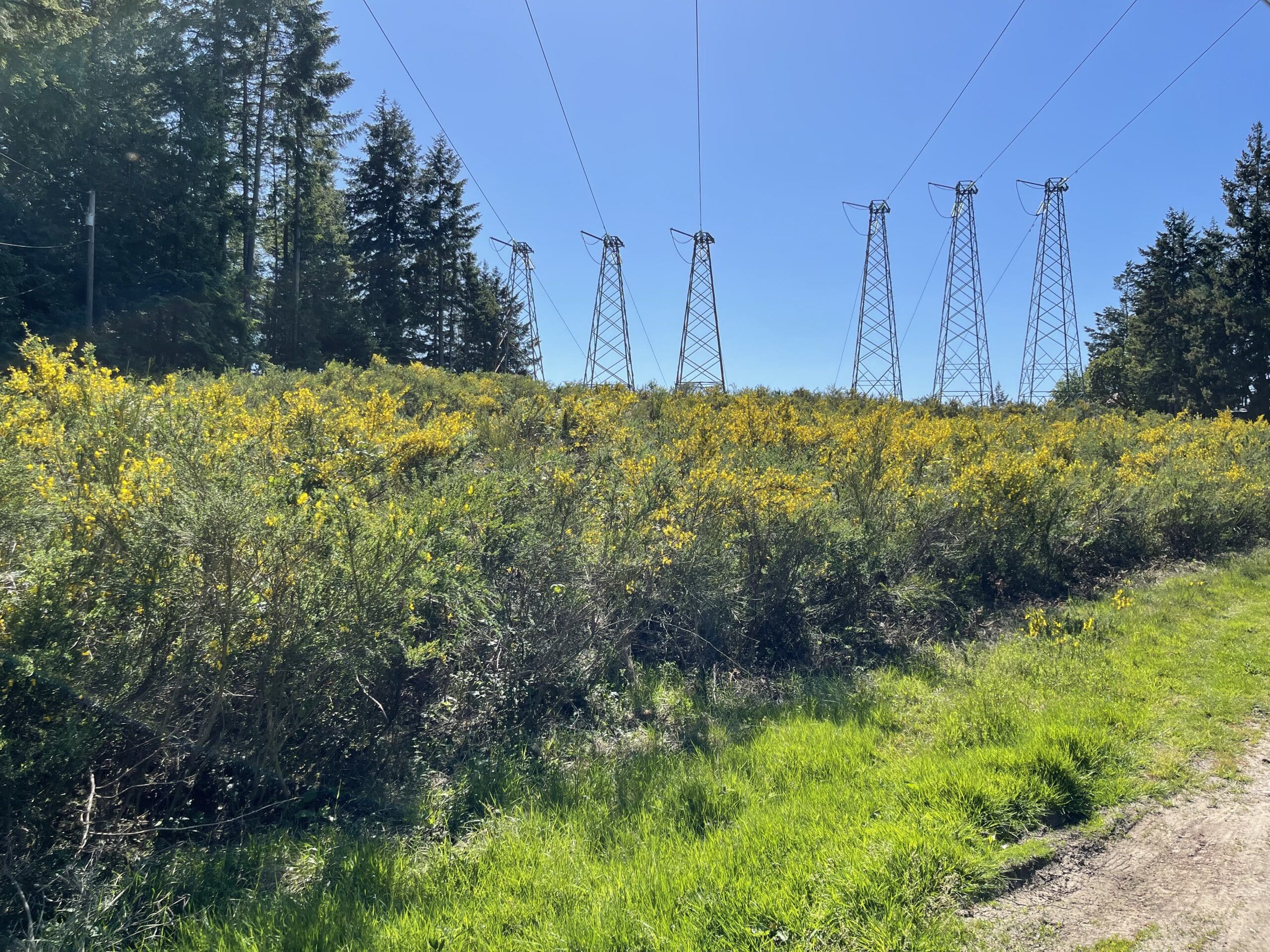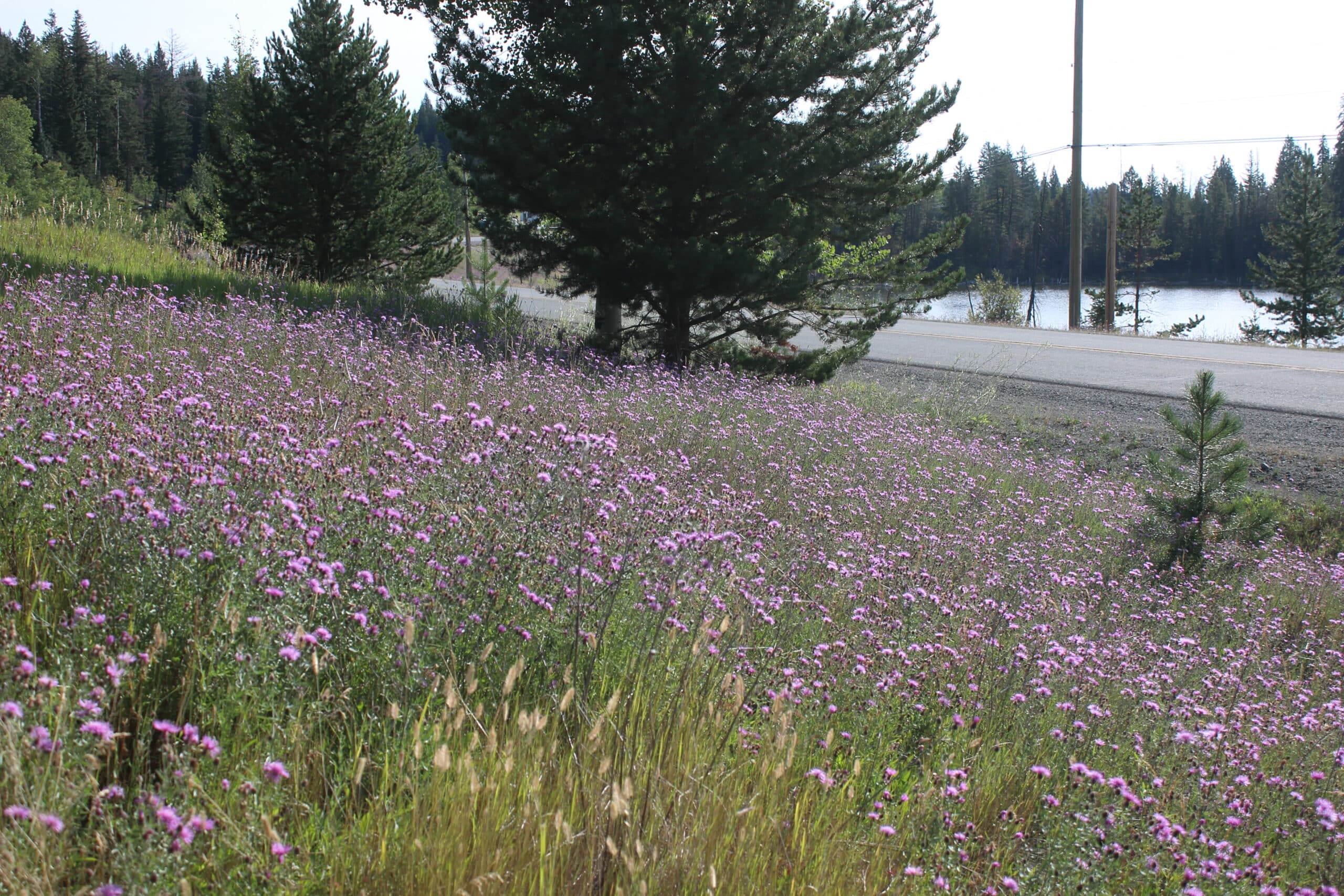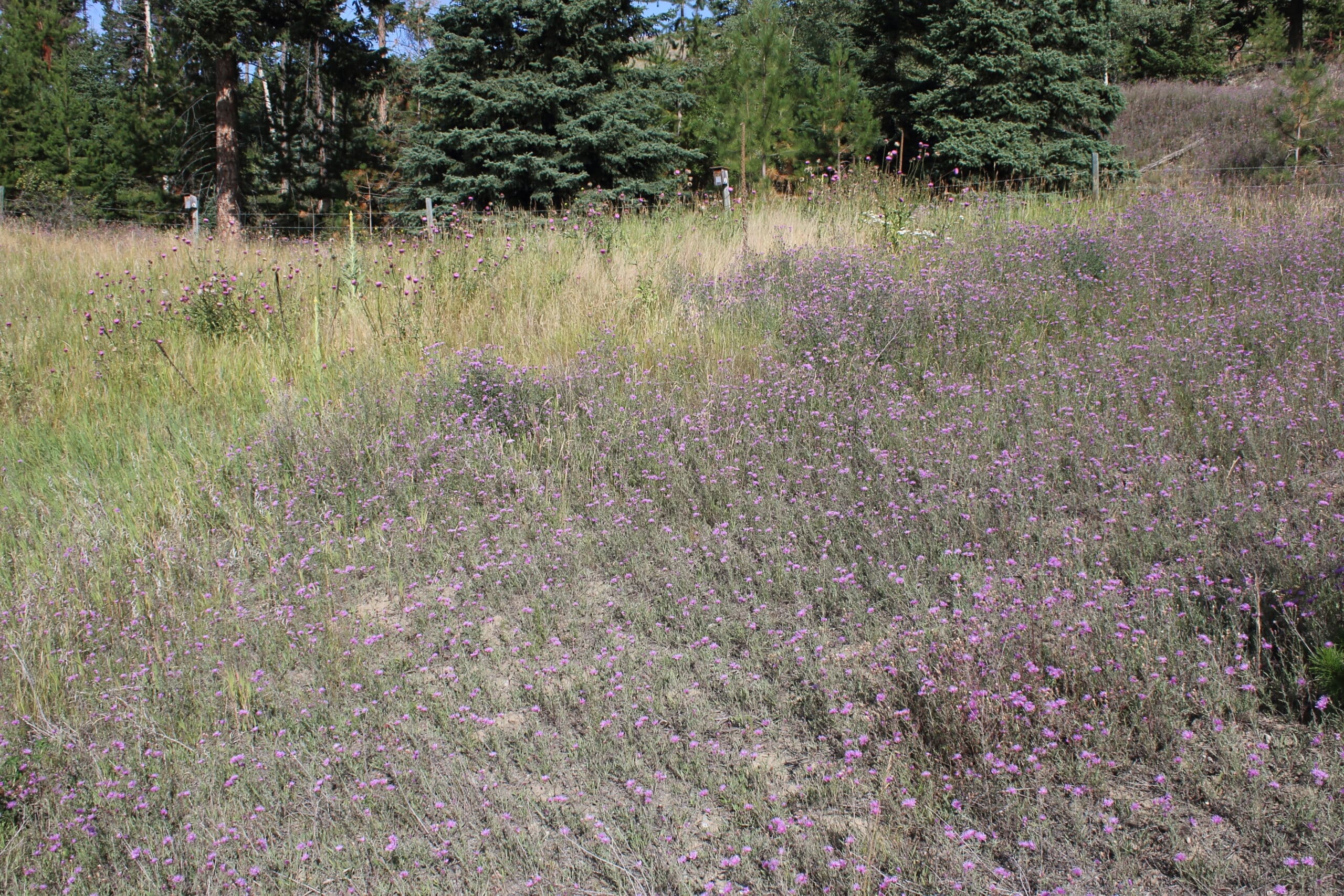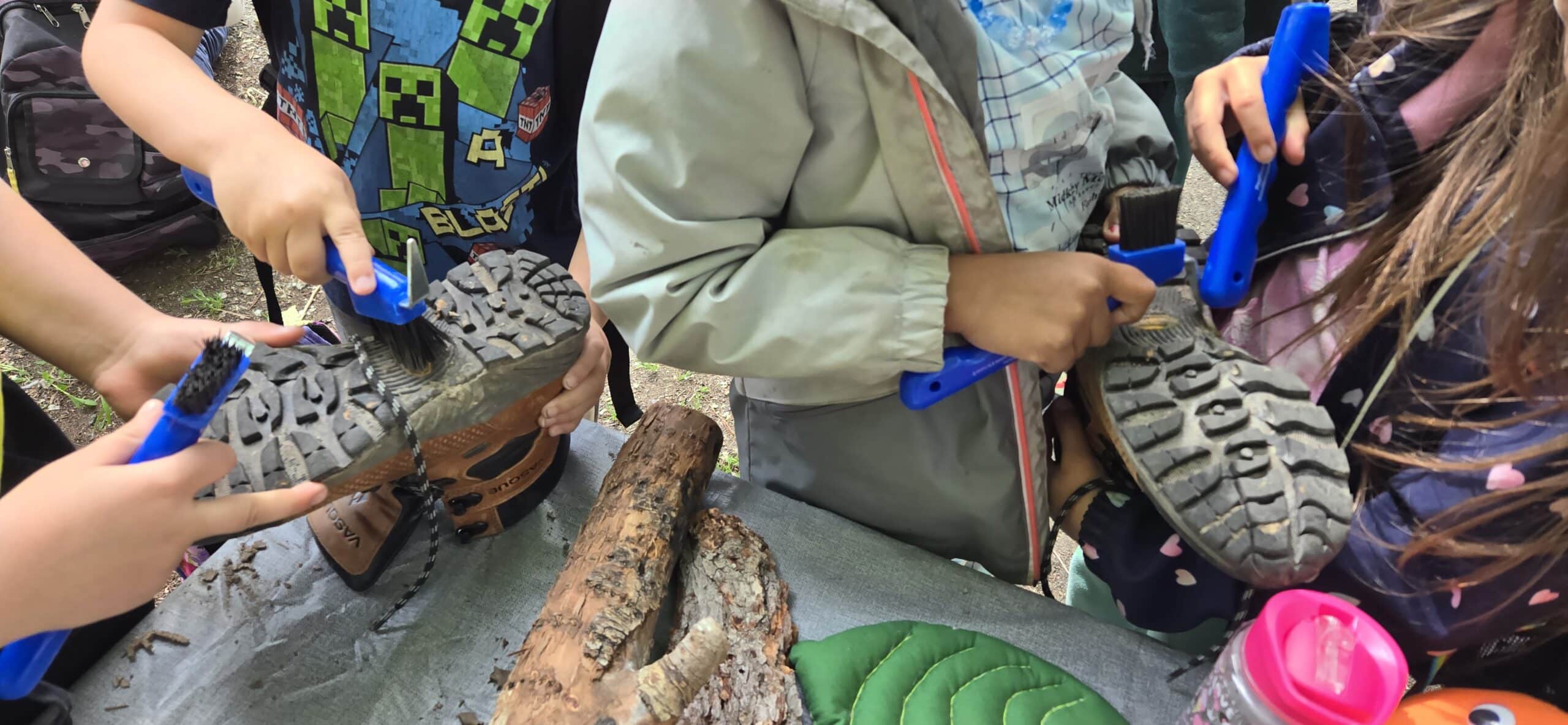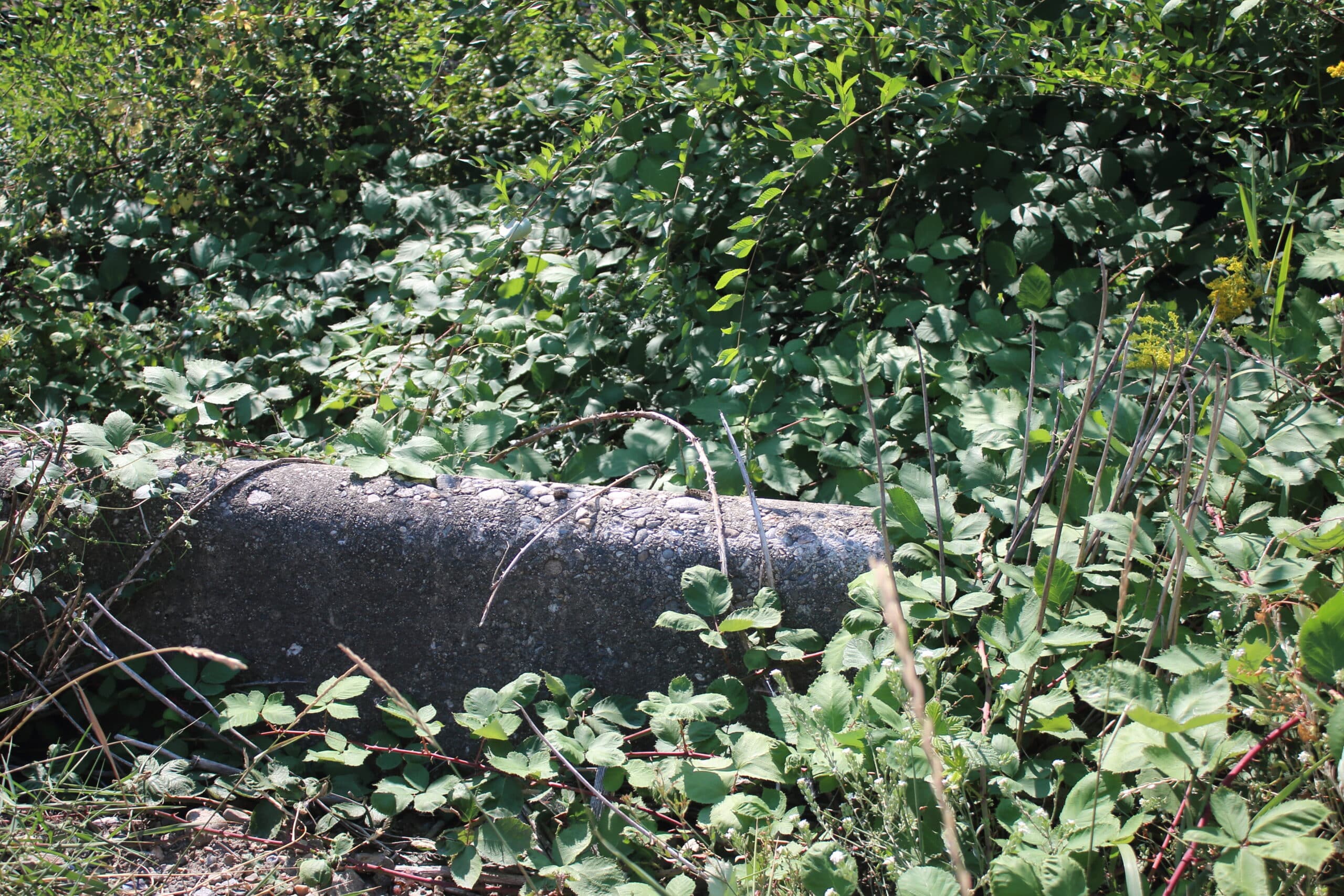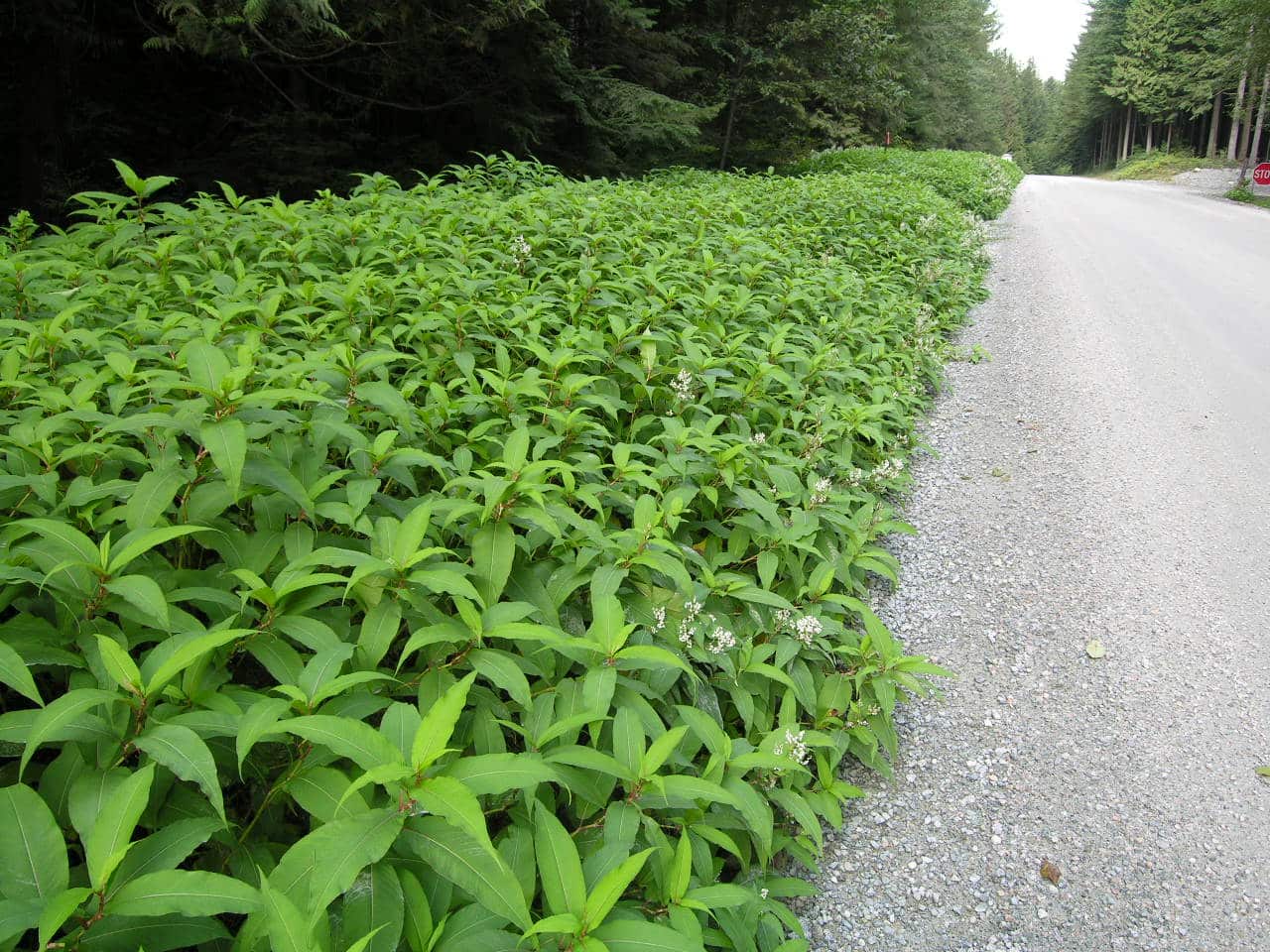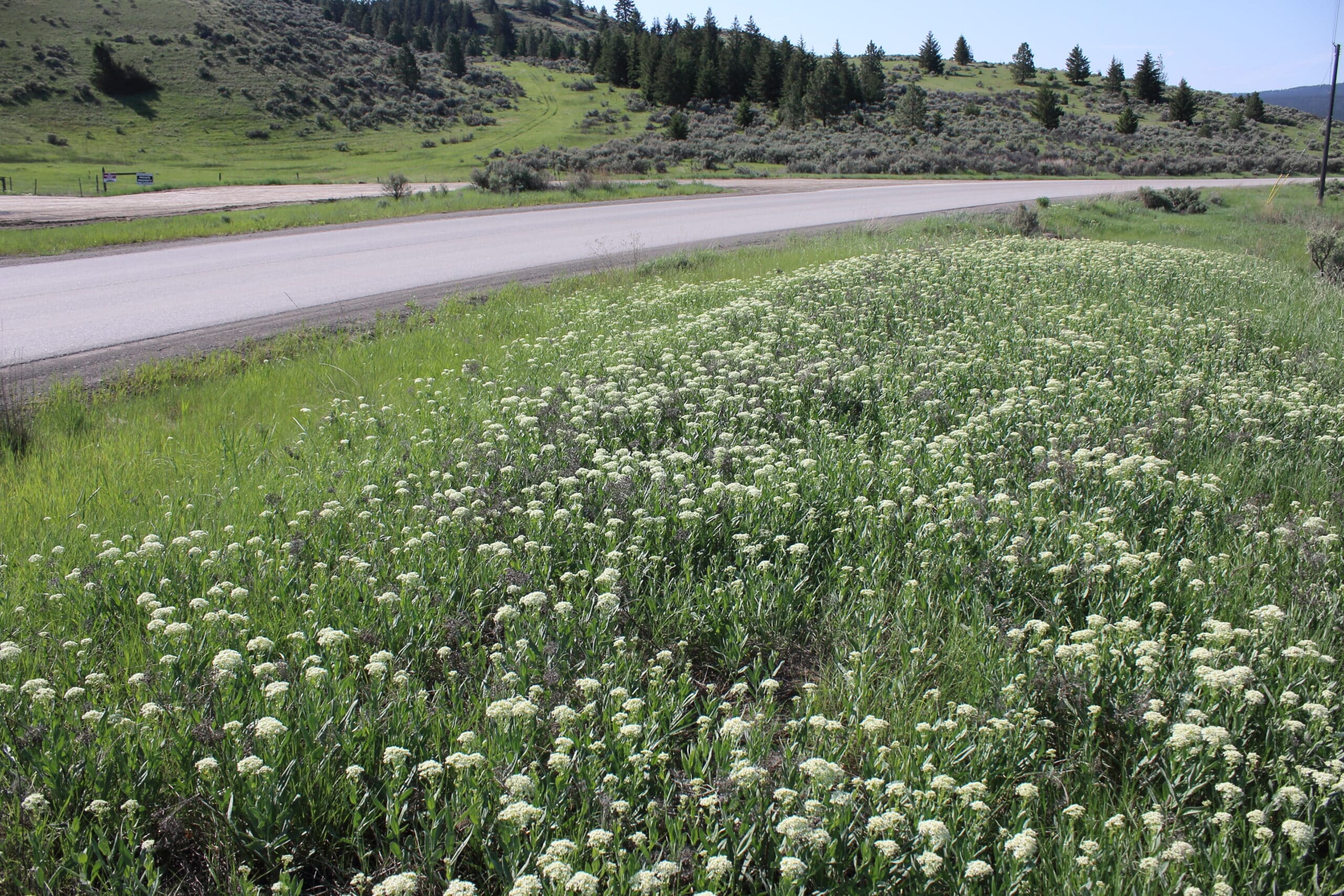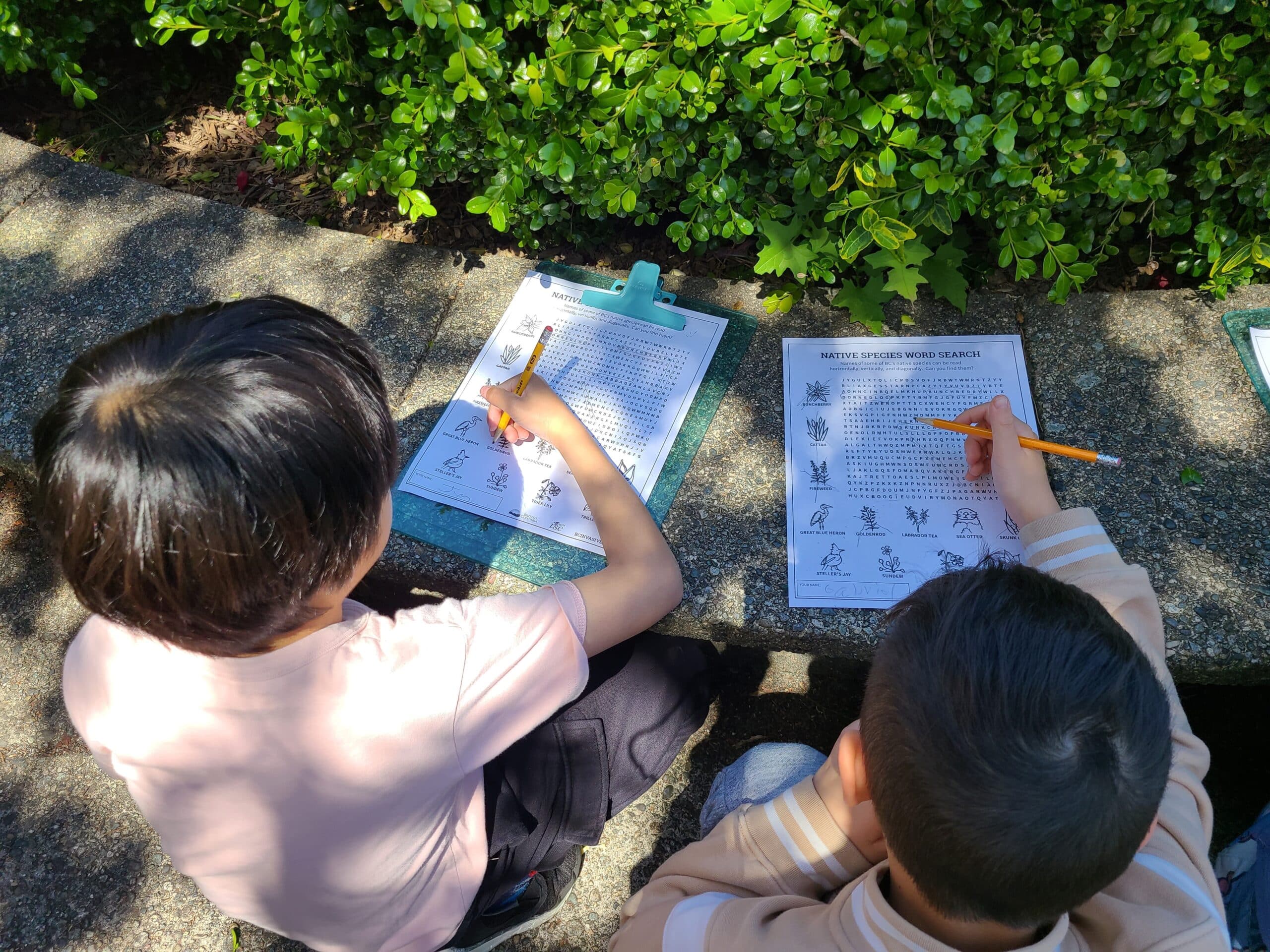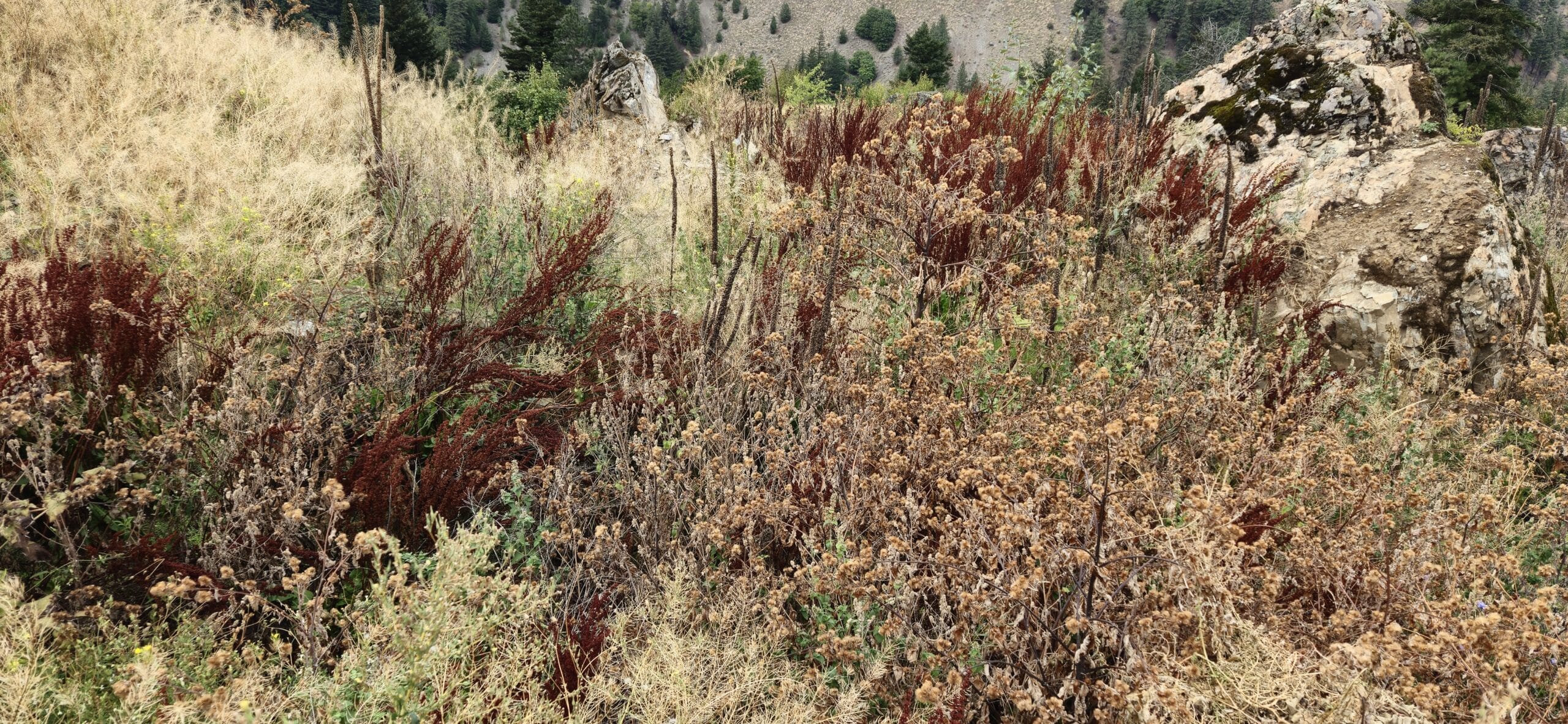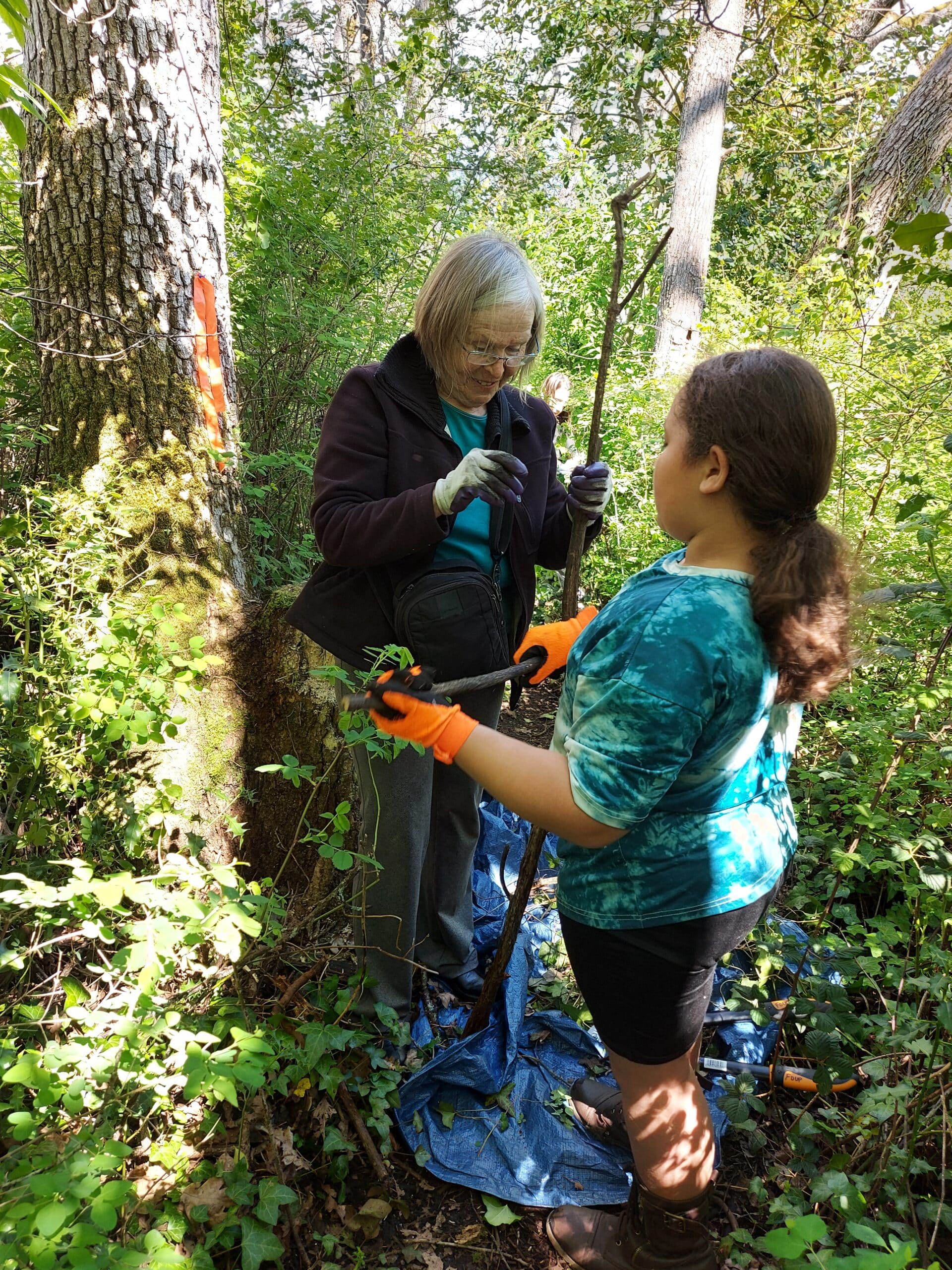The second installation of our Spring Water Webinar Series! “Water” we talking about? This five part webinar series will focus on aquatic invasive species and BC’s waterways.
In this presentation, Living Lakes Canada’s National Lake Blitz Program Coordinator will show you how you can get involved in this new and exciting entry-level citizen science program taking place in communities across Canada. The goal of the National Lake Blitz is to encourage widespread water monitoring of lakes, by using simple tools that help participants easily understand the impacts of climate change on freshwater lakes. To monitor a lake, participants don’t need a technical background or any formal training. All that’s needed to be a Lake Blitz volunteer is a thermometer, a camera and a lake you care about.
Living Lakes Canada is looking for volunteers to sign up and help monitor as many lakes as possible this year. Given last year’s heat domes, fires and floods, monitoring our precious freshwater sources is more urgent than ever. This presentation will show why simple monitoring is important for understanding the health of freshwater lakes and how easy it is for you to get involved.
About the presenter:

Camille Leblanc
Camille grew up along the Sturgeon River in Alberta. Her draw to living in wild spaces next to lakes and mountains brought her to the Kootenays in 2013.
Camille is grounded in both the social and environmental sciences, which reflect her passion for community capacity building and environmental advocacy. She is a graduate from Selkirk College with an Associates Degree in Peace and Justice Studies and a diploma in Integrated Environmental Planning in 2018. In addition to her National Lake Blitz Program Coordinator role for Living Lakes Canada, Camille is the Executive Director of Friends of Kootenay Lake Stewardship Society based in Nelson BC.
This webinar is supported by Fisheries and Oceans Canada.
Share


